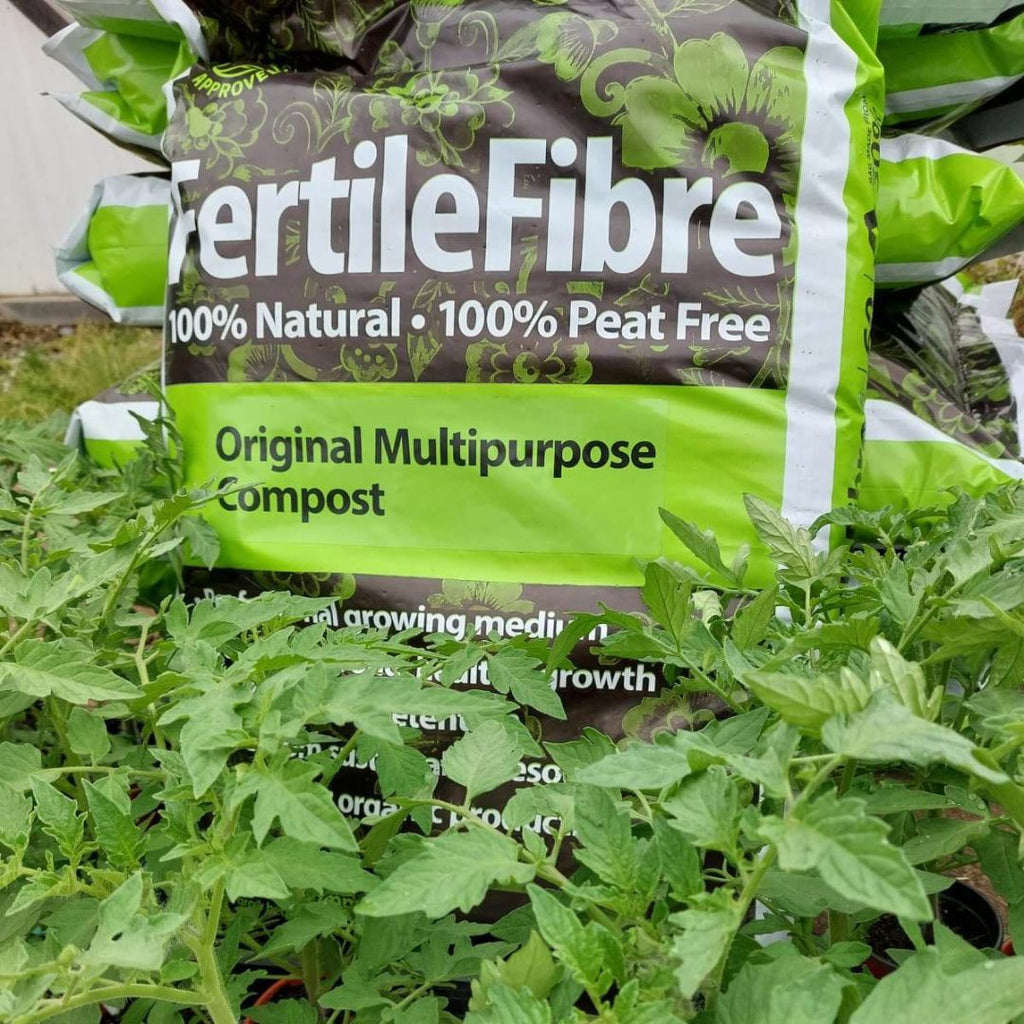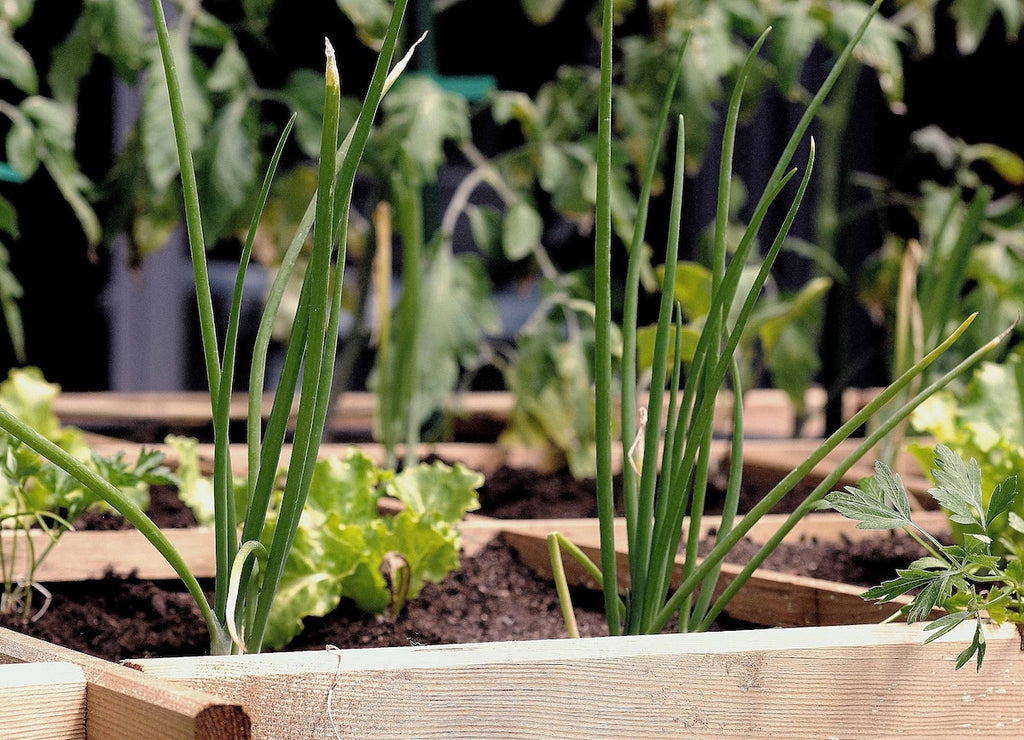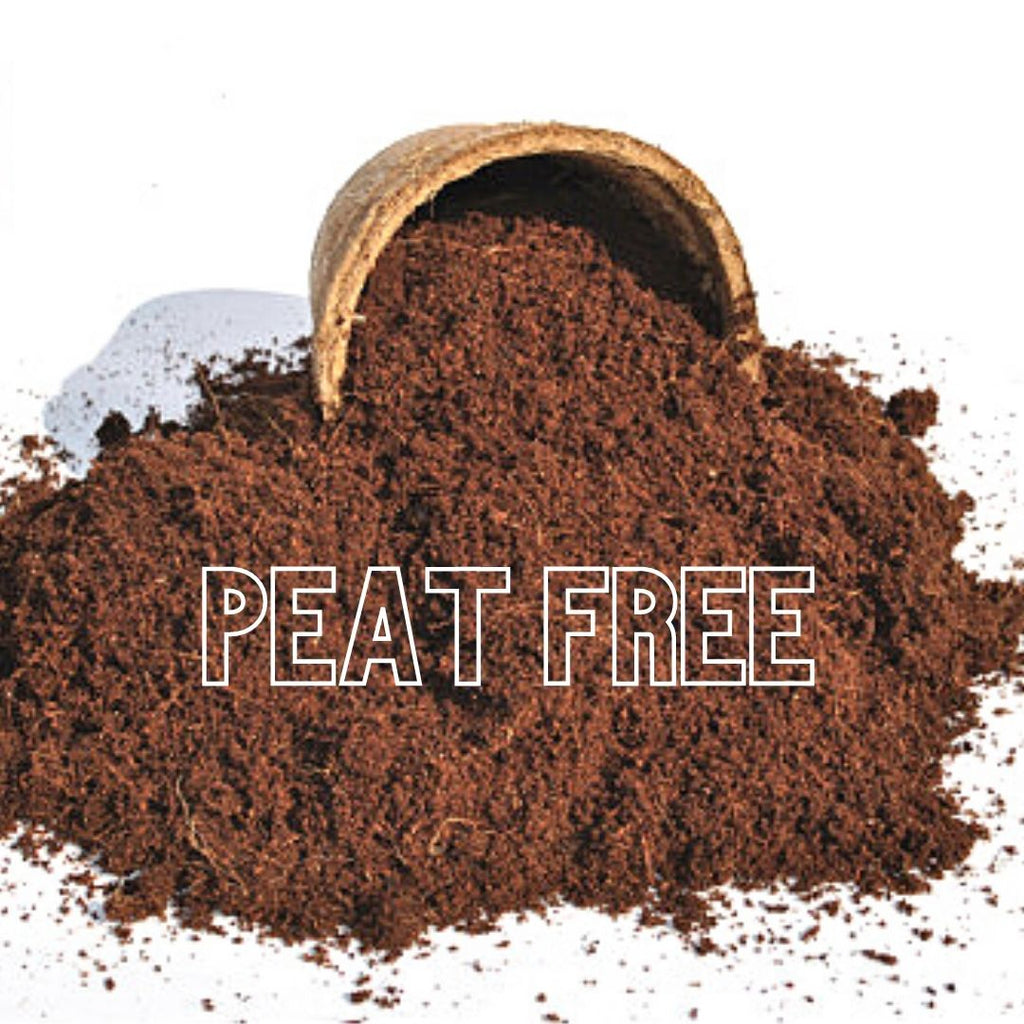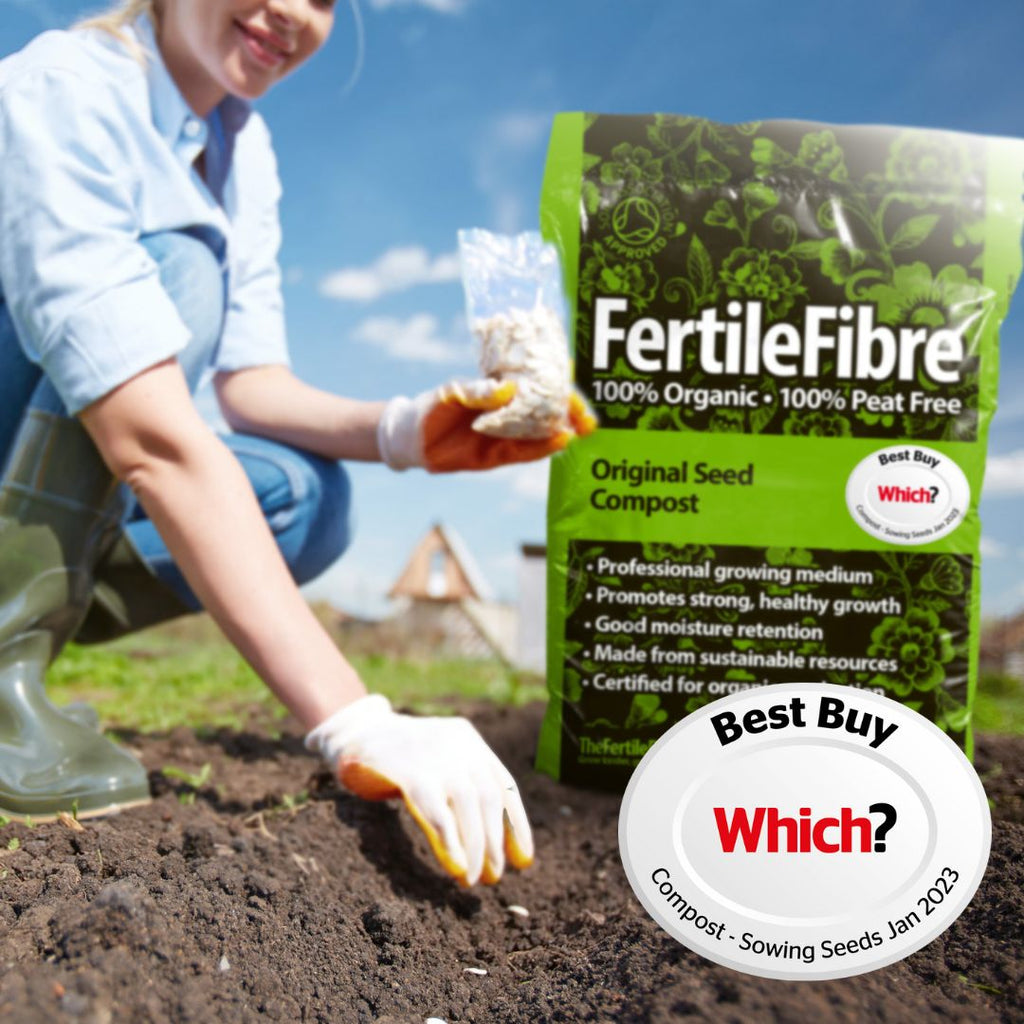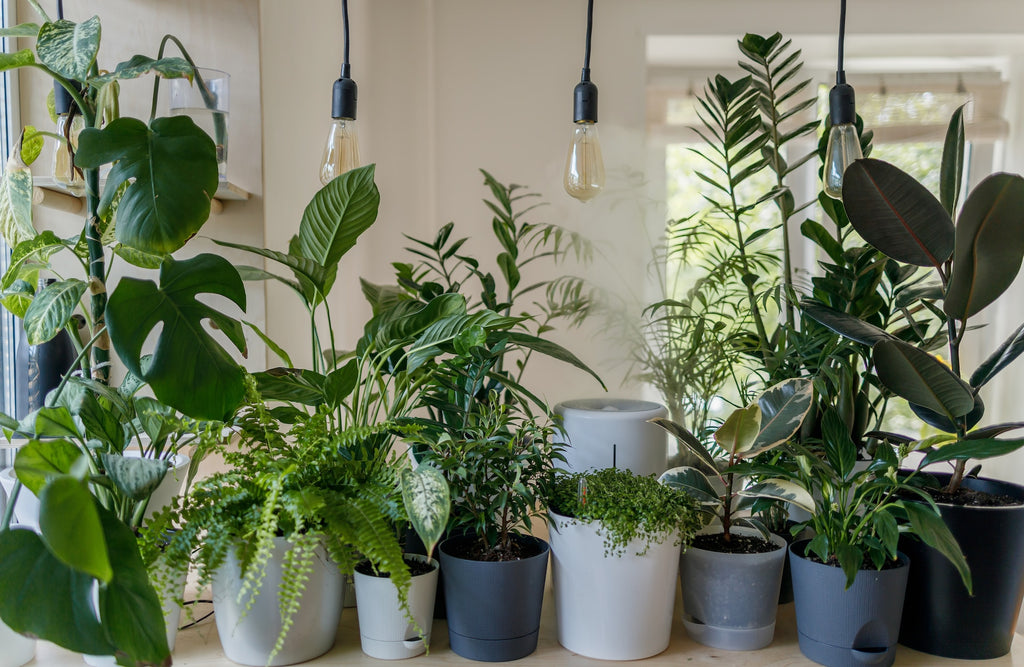
The Healthy Houseplant Growing Guide: Potting, Composting & Watering Tips

Caption: Photo by Elisa Calvet B. on Unsplash
Lovers of all things green and natural welcome any opportunity to bring the outdoors in - and with a selection of lush, thriving houseplants, you can inject life and vibrancy into your living space, as well as improve air quality throughout the home.
In this handy guide, we’re helping aspiring indoor gardeners get to grips with growing strong, healthy houseplants - breaking down the potting conditions, ongoing care and general TLC that houseplants need to flourish.
Lovers of all things green and natural welcome any opportunity to bring the outdoors in - and with a selection of lush, thriving houseplants, you can inject life and vibrancy into your living space, as well as improve air quality throughout the home.
In this handy guide, we’re helping aspiring indoor gardeners get to grips with growing strong, healthy houseplants - breaking down the potting conditions, ongoing care and general TLC that houseplants need to flourish.
How to pot houseplants
- Placement: growing conditions are vital for houseplants, so make sure to prioritise placement based on the resources your plant needs to survive and thrive rather than making an aesthetic choice at the expense of your houseplant’s ability to grow
- Lighting: there are a few general principles when it comes to optimal lighting for houseplants, but make sure to do your research to find the right conditions for your specific plant. In summer, strong direct sunlight can scorch some plants even through glass windows, whereas bright shade shouldn’t cause any issues. In winter, when daylight is relatively weak, houseplants will thrive in full sunlight. Bear in mind that foliage plants won’t need quite as much sunlight as their flowering counterparts
- Humidity: humidity is an important growth factor for the majority of plants, so make sure your houseplant is getting all of the humidity it needs to thrive. You can achieve this by grouping multiple plants together so they benefit from local humidity, and by spraying frequently to keep moisture levels optimal
- Temperature: different houseplants will prefer different temperatures so, again, make sure to do your research so you know you’re providing the optimal conditions for your houseplant. Too much heat can cause some plants to wilt, while excessively low temperatures can cause others to rot. Avoid placing your houseplant by a radiator to prevent dehydration and avoid placement behind drawn curtains during the winter as this can create a very cold environment
- Growing media: the right growing media is crucial to the health of your houseplant in the long term. A purpose-made compost like our peat-free Original Houseplant Mix includes all of the slow-release nutrients your houseplant should need to thrive, with excellent water retention and drainage to ensure roots are never too wet or dry
Watering houseplants
- When to water: it’s important not to over-water your houseplant - only water when the surface of your plant’s compost becomes dry. You can check the weight of your pot to test this, as wet pots weigh more than dry ones. It’s also worth bearing in mind that houseplants placed in cooler rooms won’t need watering as often as those in warmer areas of the house, and that central heating lowers atmospheric humidity - meaning pots will dry out more quickly in the winter months
- How to water: cold water can kill houseplants, so ensure the water you use is around room temperature, especially during the winter. After filling a bottle, glass, jug or watering can with your water, leave it to stand for at least 24 hours so the chlorine can dissipate as this can otherwise be toxic
- Drainage tips: your houseplant’s roots need room to breathe, making drainage vital. Whenever you water your plant, give them a chance to thoroughly drain via its container’s drainage hole so any excess water can escape. This way, you can avoid drowning your houseplant’s roots, which is likely if they’re left to sit in water for a long period of time
- Water quality: hard tap water is alkaline and often contains fluoride which can be toxic to ericaceous houseplants in the long term so, for plants like these, make sure to use rainwater instead. Crucially, water softeners contain salts which are highly toxic to houseplants and should therefore never be incorporated when watering


